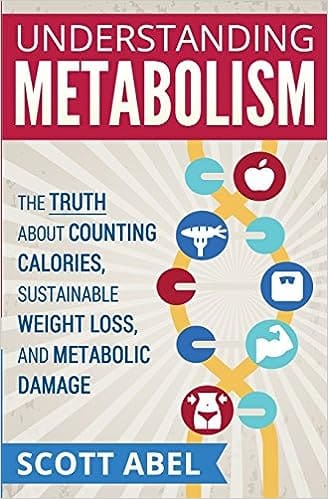Definition
Metabolism refers to the set of life-sustaining chemical reactions within the cells of organisms. It involves processes such as the breakdown of nutrients to produce energy and the synthesis of all compounds needed by the cells.
Expanded Explanation
Metabolism comprises two main types of activities: catabolism, the breaking down of compounds to generate energy; and anabolism, the synthesis of the cell’s molecules. These processes allow organisms to grow, reproduce, maintain their structures, and respond to their environments.
Importance
Understanding metabolism is crucial in fields like biology, medicine, and nutrition. It influences everything from an organism’s energy levels to its ability to heal and grow. It’s also a key factor in understanding and managing diseases such as diabetes, obesity, and metabolic syndrome.
Context and Usage
In biology and health contexts, metabolism is often discussed in relation to nutrition, exercise, and overall health. In a medical context, it could be used to discuss the metabolic rate or metabolic diseases.
Examples
- Example 1: Regular exercise can increase your metabolic rate, which can help with weight loss.
- Example 2: Diabetes is a metabolic disease that affects how your body uses glucose as an energy source.
Understanding Metabolism
A common misconception about metabolism is that it only relates to weight. While metabolism does influence weight, it also impacts numerous other aspects of health, including energy levels, brain function, and the body’s ability to heal.
Related Glossary Terms
- Cellular Respiration: This is a set of metabolic reactions that take place in the cells of organisms to convert biochemical energy from nutrients into adenosine triphosphate (ATP), and then release waste products.
- Metabolic Rate: This term refers to the rate at which metabolism occurs in a living organism.
Visual and Reading Aids
External Resources
Related Articles
- Metabolism Disease and Weight: Breaking Down the Complex Relationship: This is an insightful article that delves into the intricate connection between metabolic disorders and weight issues, highlighting the underlying causes and providing practical strategies for managing these health challenges.
- Best Metabolism Increasing Foods: The Secret to Enhanced Energy Levels: This is an perceptive article that explores various foods proven to increase metabolic rate, thereby boosting energy levels and promoting overall health.

